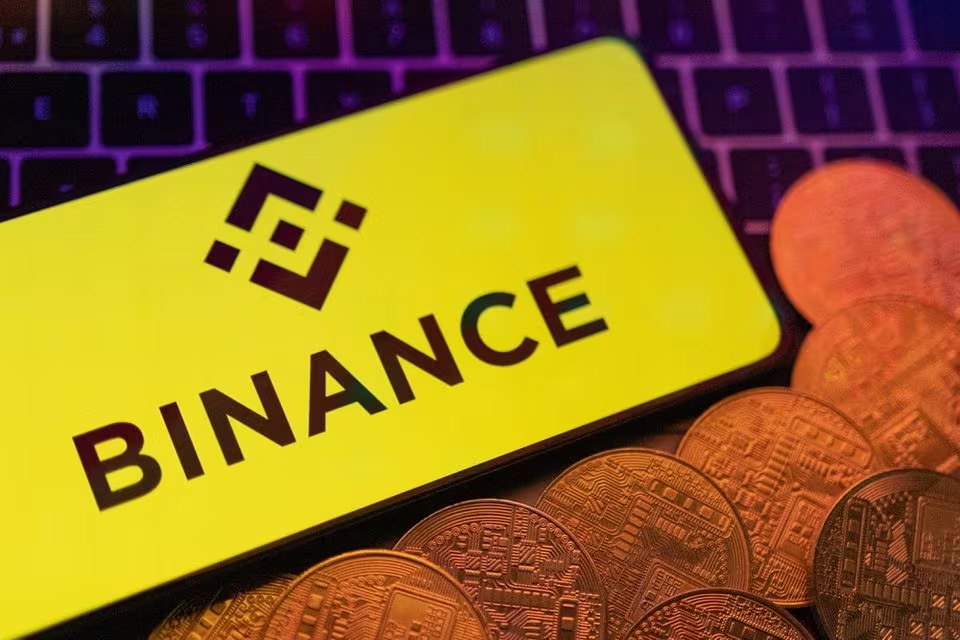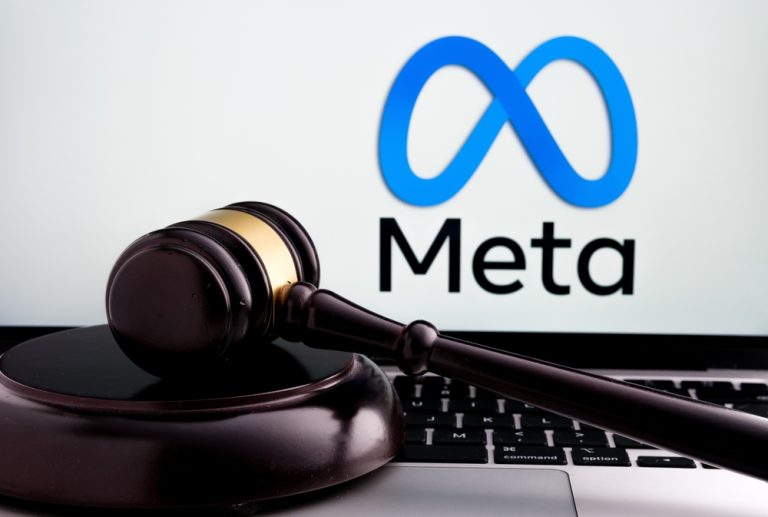Binance, the world’s most extensive crypto exchange, is now on the frontline in the cryptocurrency world’s legal challenges. The federal court in Washington, D.C., has become the arena where Binance confronts the U.S. Securities and Exchange Commission (SEC) in a significant lawsuit. The SEC’s accusations are severe, ranging from fraud to market manipulation. Binance, led by its then-CEO Changpeng Zhao, finds itself defending not just its practices but the very nature of cryptocurrency regulation.
The lawsuit’s roots lie in the SEC’s June allegations against Binance and Zhao. The regulator accused them of inflating trading volumes, misusing customer funds, failing to restrict U.S. customers, and misrepresenting their market surveillance controls. Furthermore, the SEC charged Binance with enabling the trade of unregistered securities, a claim central to the current court proceedings.
In the latest courtroom confrontation, federal Judge Amy Berman Jackson interrogated Binance’s lawyers about their motion to dismiss the lawsuit. Their defence pivots on the argument that the SEC lacks jurisdiction over the disputed crypto assets, as they do not fit the traditional definition of an investment contract. This defence challenges the broad reach of the Securities Act of 1933 and the flexible interpretation upheld by U.S. Supreme Court precedents.
Judge Jackson probed the apparent contradiction in Binance’s stance, questioning how to reconcile their plea for novel crypto regulation with existing laws designed to adapt and protect investors. This inquiry underscores the complex legal landscape where traditional securities law intersects with the evolving realm of digital assets.
Binance’s legal woes are not isolated. Similar issues have recently pitted the SEC against Coinbase, another crypto heavyweight. However, Binance’s case stands out due to the additional fraud and market manipulation allegations.
Despite these challenges, Binance is willing to comply with U.S. regulations, as evidenced by its $4.3 billion settlement with the Department of Justice and the Commodity Futures Trading Commission over finance breaches. Zhao’s guilty plea to anti-money-laundering violations and subsequent resignation as CEO marked a significant step in addressing regulatory concerns. Yet, the SEC’s lawsuit remains a looming threat to Binance’s operations.
The ongoing legal battle between Binance and the SEC is not just a contest of corporate might versus regulatory authority. It is a critical test case for how U.S. laws apply to the innovative but murky world of cryptocurrency. As the court proceedings unfold, they will undoubtedly shape the regulatory landscape for digital assets and set precedents for future crypto-related legal challenges.























+ There are no comments
Add yours